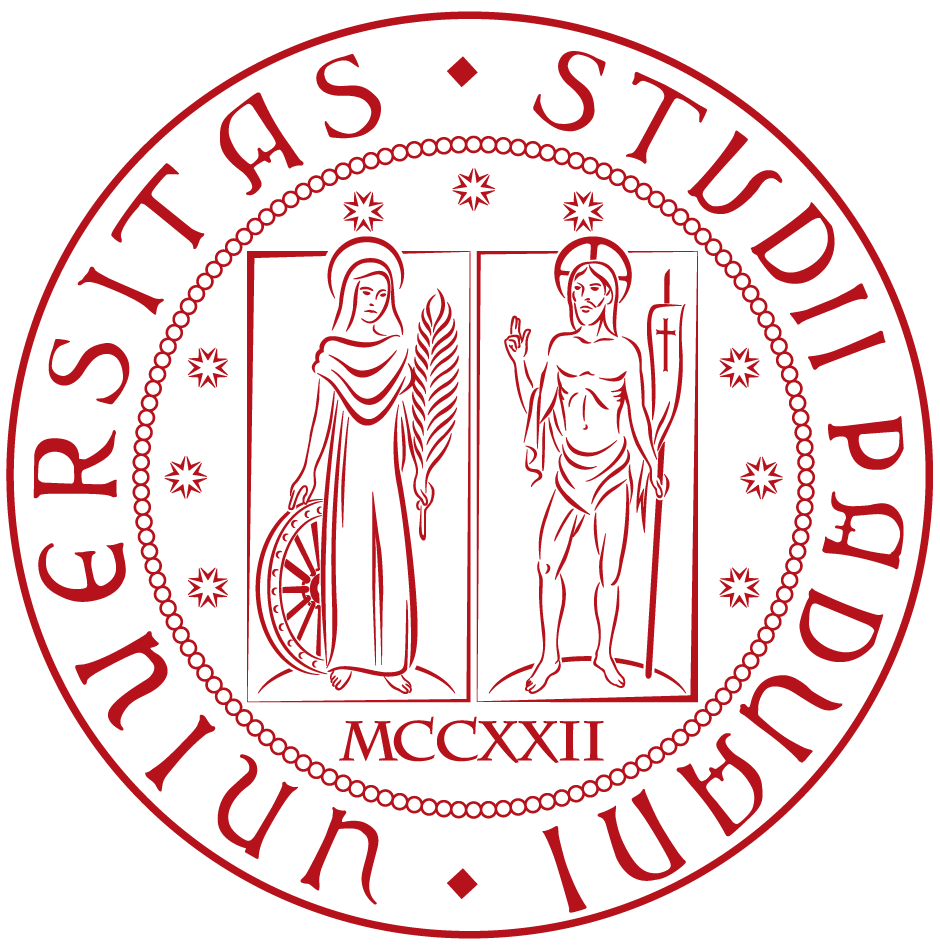Languages for Concurrency and Distribution
Master's Degree In Computer Science - University of Padua
A.Y. 2024/2025

Aim
The widespread diffusion of concurrent, distributed and mobile systems makes the classical programming and specification paradigms inadequate and opens up complex and fascinating challenges. A rethinking appears necessary, starting from the foundations and adopting a rigorous, formal and disciplined approach. The aim of the course is to introduce the student to themes of interest in the area, using as tools type systems, process calculi and modelling languages in general. Starting from topics which are by now classical (like the Calculus of Communicating Systems and pi-calculus that center the study around some basic concepts like processes, composition and communication mechanisms), we will reach some advanced issues of the research in the area. Some languages that implement the theoretical developments discussed are presented, including advanced languages for concurrency and distribution like
Google Go,
Erlang,
Elixir,
Clojure,
Jolie,
Rust,
along with the corresponding programming techniques.
Program
The structure and themes of the course will be as follows:
- The "Calculus of Communicating Systems" (CCS), a core language for
the description of concurrent systems. Process equivalence:
transition systems and bisimulation.
- Hennessy-Milner logic and tools for verification. Mutual
exclusion, deadlock, fairness. Safety and liveness
properties. Systems with dynamic topology and mobility:
pi-calculus. Verification tools (Concurrency
Workbench, Caal,
PseuCo).
-
From specification languaes to programming langauges:
Google Go,
Erlang,
Elixir,
Clojure,
Rust,
Jolie,
ORC.
Schedule
This is a course unit of the Master's Degree In Computer Science,
University of Padua, and it is held in the 2nd semester
for the A.Y. 2024/2025,
with the following schedule. Adjustments are possibile if there are common requests by the participants.
| Day |
Time |
Room |
| Monday |
12.30 - 14.00 |
Luf1 |
| Tuesday |
12.30 - 14.00 |
1BC/50 |
Exam
The exam consists of two parts: exercises and a deepening/project (see below), to be prepared off-line and then presented in an oral discussion/seminar.
- EXERCISES
You should do two exercises in the section
Exercises in the
following page
- DEEPENING/PROJECT
You can choose among various
possibilities including (1) a mini-project consisting in the
specification / implementation / verification of a system and its
formal properties (2) the study of advanced verification tools (3)
study of research papers about formal models, verification
techniques, programming languages related to the themes of the
course. Again, some ideas can be found at the following
the page.
in both cases, the list of suggestions is not exhaustive. The student
can propose different project ideas that better fit her/his personal
interests (including different exercises, for example chosen from the
book). In any case, the student's choices need to be discussed with
the instructor, approved and defined in the details (the descriptions
above are often sketchy).
During the exam, that will last indicatively on hour, the student will solve the execises (typically, using the blackboard) and present the deepening/project part (for this, part, a slide-based presentation is typically useful).
Material
The course has a Moodle where additional material can be found. For the foundational part we will use the following book
-
L. Aceto, A. Ingolfsdottir, K.G. Larsen, J. Srba
"Reactive systems"
Cambridge University Press, 2007
(Chap. 1-7, except 6.4)
The material concerning the part on programming languages will be distributed via the moodle.
Useful links
- Caal
A web version
of the concurrency workbench. This works on the most common
browsers.
- PseuCo
An interactive
tool for defining and simulating processes written in a
concurrent language (a sort of simplified Go langauge), which
has an immediate translation into CCS.
- Edimburgh
Concurrency Workbench
An interactive tool for the
definition, simulation and verification of properties of CCS
processes (and of various CCS extensions).
- Linux binaries are available (unfortunately 32-bit)
- Can be compiled using the SML New Jersey (tested with Version 110.99.8; 64-bit). For your convenience you can find the sources with a build file here
- It can be used in emacs (suggested),
following the instructions
here.
- syntax highlighting for cwb (based on the package generic-x) cwb-highlight.el
- Bisimulation game and CCS
simulator
It allows one to visualise and simulate the behaviour of a
process, given its transition graph as produced by the
Concurrency Workbench and of playing with beavioural
equivalences.
- Concurrency Workbench of the new century
It offers functionalities similar to the Edimburgh Concurrency
Workbench. It supports various languages like CCS, CCS with
priorities, timed CCS, CSP, Basic Lotos.
- SLMC (spatial
logic model checker). A tool for the verification of spatial properties of concurrent processes.
- Mobility Workbench
Similar to the Concurrency Workbench, but it suports calculi for mobility, like the pi-calculus.
Some advanced tools
- CADP (Construction and Analysis of Distributed Processes)
- MCRL2 (micro Common Representation Language 2)
- PAT (Process Analysis Toolkit An Enhanced Simulator, Model Checker and Refinement Checker for Concurrent and Real-time Systems)
